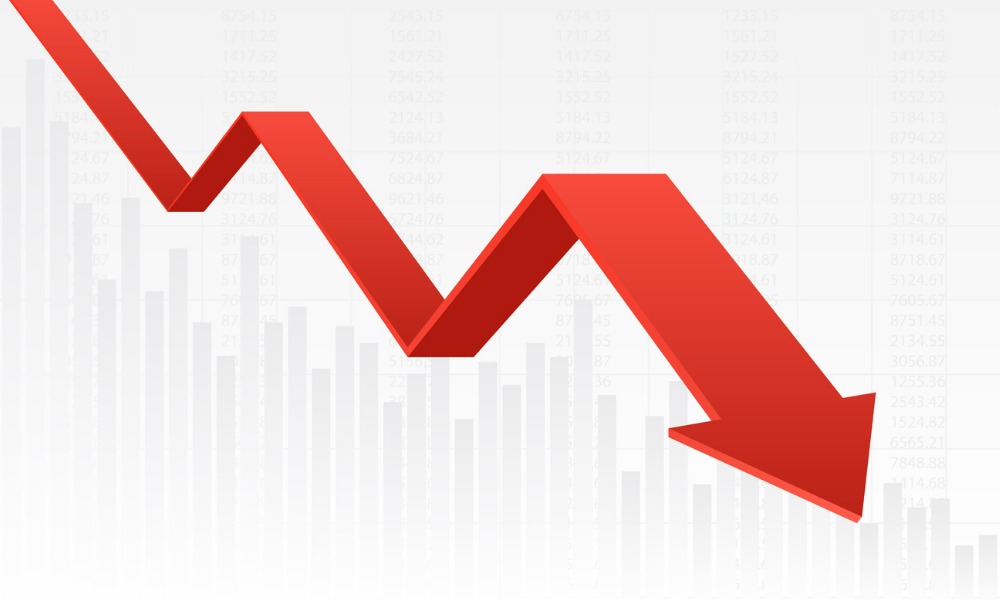The Bank of Canada's substantial rate increases will put a damper on housing activity

The Canadian residential real estate market will likely reach its peak this spring as the central bank’s rate hikes put a damper on activity and lead to a moderation in prices, according to RBC Economics.
Robert Hogue, senior economist at Royal Bank of Canada said that while the record-low rate environment spurred demand for years prior to the pandemic, inflation will force the BoC to hike interest rates at large increments over the coming months.
“The bank’s 50-basis point hike to 1% announced on April 13 signalled it’s keen to proceed forcefully to raise its policy rate to a neutral level by year-end,” Hogue said. “We believe this will add up to a further 100 basis points in just over six months to 2%, or slightly above pre-pandemic levels (1.75%).”
Hogue said that Canada hasn’t encountered an increase of this magnitude over such a short period since 2005-06.
Read more: Analysts: Inflation is making large BoC rate hikes all but inevitable
“We think this will be a game-changer for the market,” he added. “Housing measures recently unveiled in the federal budget and by provincial governments in Ontario and Nova Scotia will provide more reasons for market participants take a step back.”
A drastic deceleration in market activity is now in the cards, Hogue cautioned.
“We now expect home resale activity to slow more quickly than previously anticipated – and, perhaps more important, we see prices peaking this spring as market sentiment sours from extreme bullishness,” Hogue said. “In this altered landscape, local markets could experience a mild price correction, partly reversing outsized gains recorded in the past year.”
RBC said that it adjusted its housing market forecasts lower in response to these trends, with home resales now anticipated to decline by 13% to 578,000 units this year and fall by another 14% to 500,000 units in 2023.
“This implies a significant slowdown over the spring to fall period before sales stabilize in 2023 on a quarterly basis. We think this cooling will help the market return to balance,” Hogue said.



